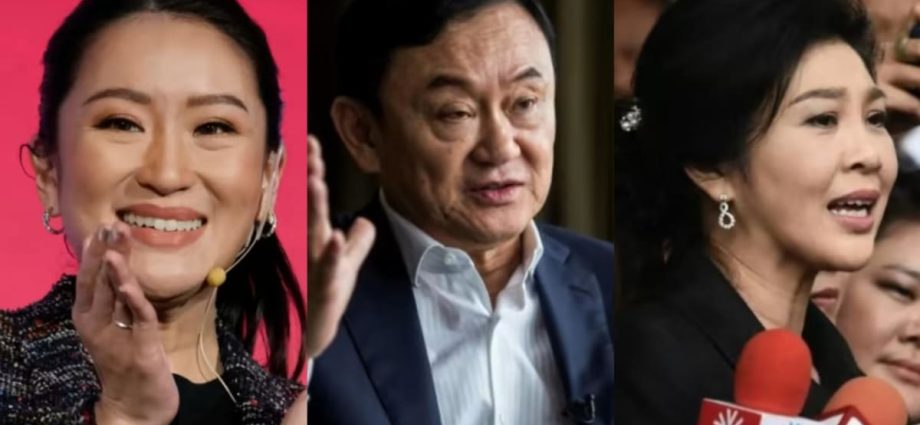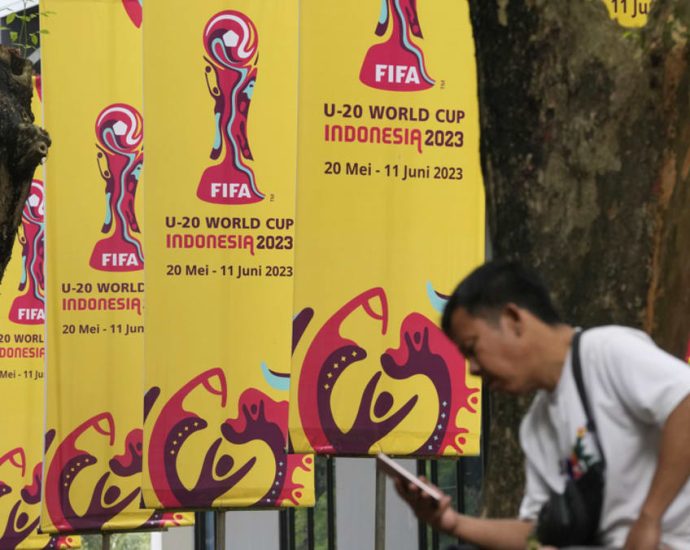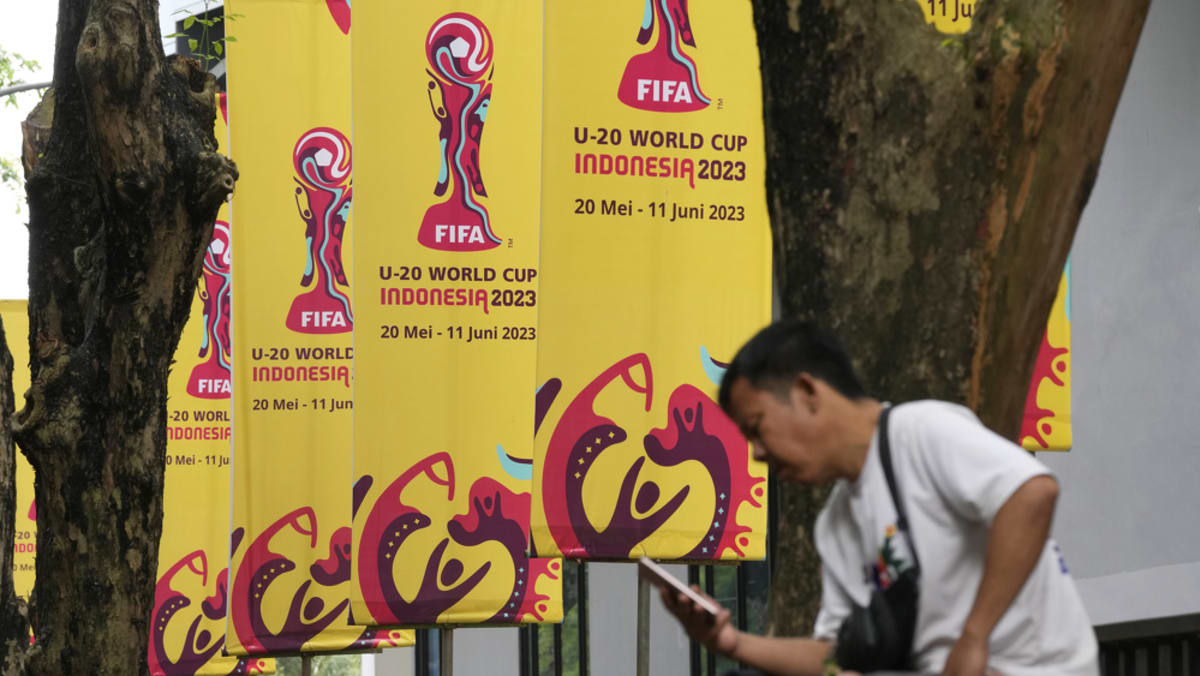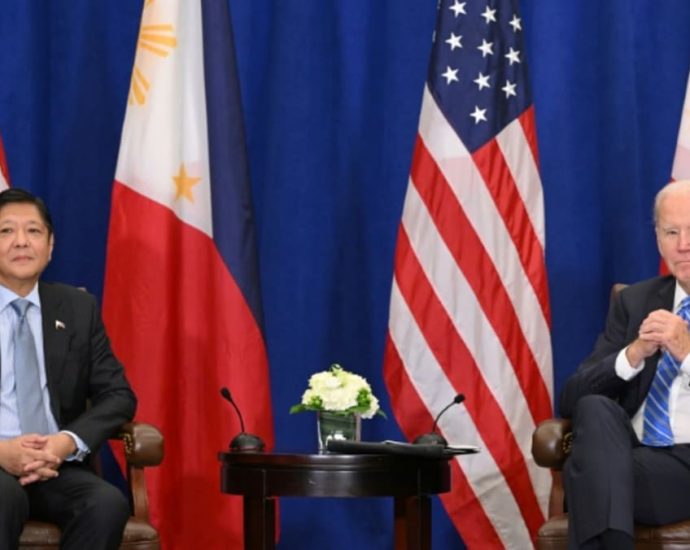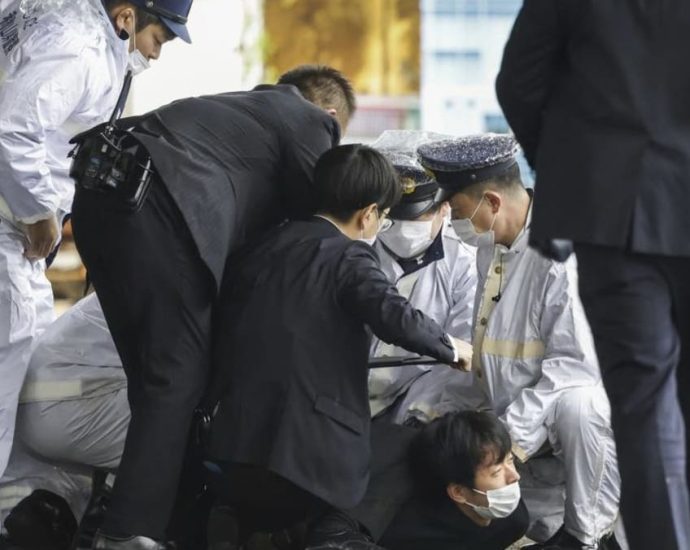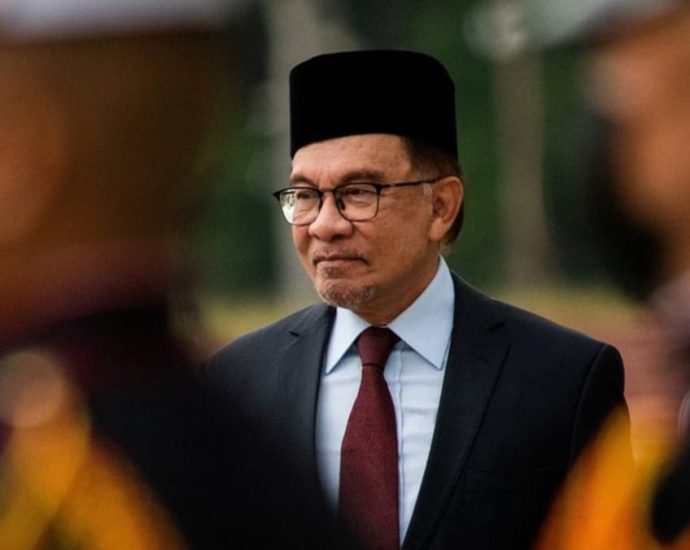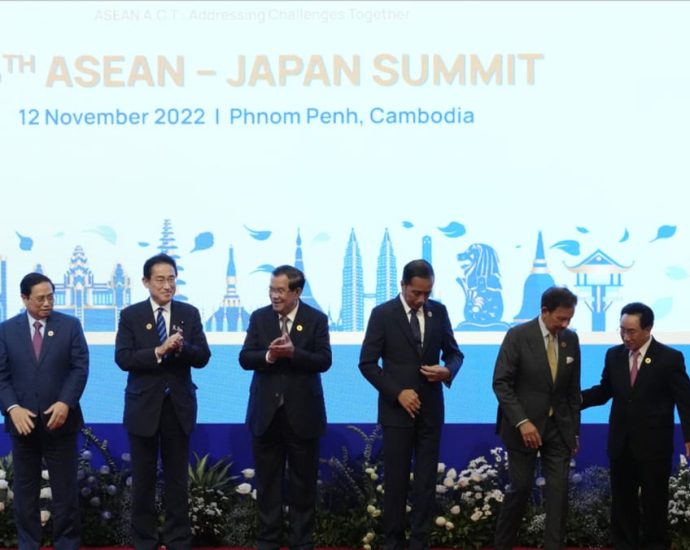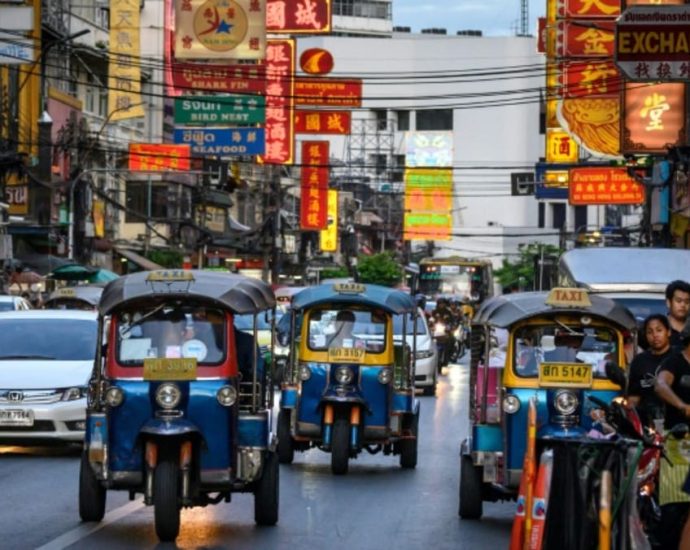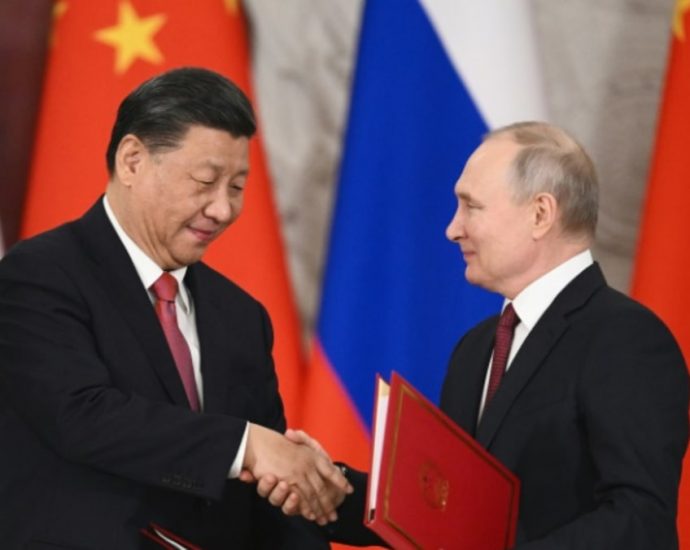Commentary: Could Thai voters put a third Shinawatra in power after Thaksin and Yingluck?
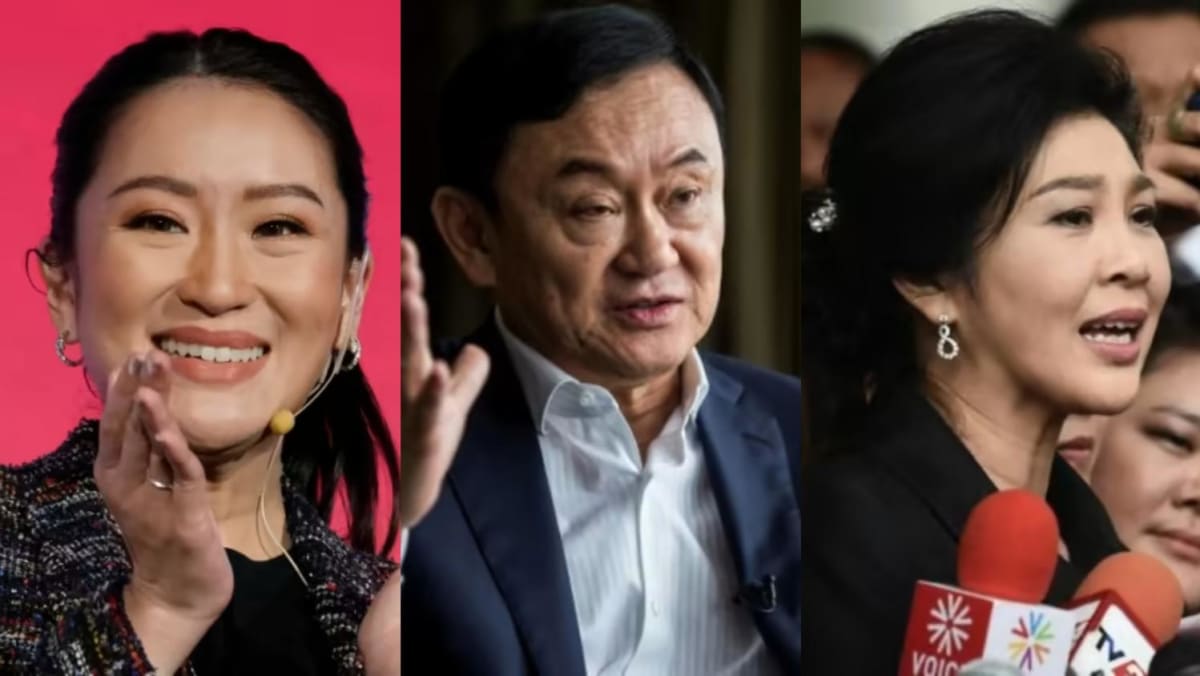
Not many of the senators would vote for Paetongtarn or Pheu Thai’s two other candidates, real estate tycoon Srettha Thavisin, and veteran lawyer Chaikasem Nitisiri, in the premiership selection in parliament after the general election. A majority of the senators is expected to support either Prayut, who switched to the new United Thai Nation party, or Deputy Prime Minister General Prawit Wongsuwan, leader of Palang Pracharath.
Even if Pheu Thai can form the majority alone, senators may abstain from the vote. Pheu Thai would need the support of other opposition parties or major government parties to cross over to vote for Paetongtarn to win the premiership with 376 votes. This may not happen.
THAKSIN’S FINAL BET
But Thaksin is probably still pinning his hopes on Pheu Thai’s landslide victory in May that could make his dream of returning home from exile come true. A resounding mandate to form the next government could give it more leverage to overcome the senate vote.
Thaksin had been instrumental in fielding Yingluck as a surprise candidate of Pheu Thai in the 2011 general election. It swept 265 House seats with the slogan “Thaksin thinks, Yingluck acts!”
This time, he has sent in yet another surprise candidate, Paetongtarn. But for now, he has avoided being seen to do anything for his daughter or Pheu Thai.

